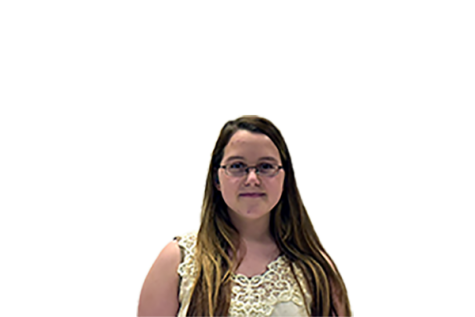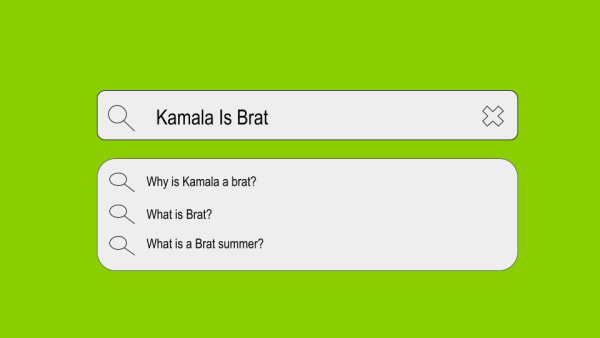Study tips for the big ones
There are many various study tips people use in order to do well on exams. One such tip would be to study when you are sleepy.
Reason why? Because the closer to bedtime you study, the more likely your brain will process that information over night, and the better recall you may have when you wake up according to “23 science-backed study tips to ace a test”.
Another tips this website provide include:
- Study early in the morning when your brain is fresh.
- Make a story to go along with what you are studying. The crazier, the better!
- Switch it up- study different things in one sitting so you train your brain to think in various ways.
- Exercise- keeps energy and metabolism high so you can study with endurance
- Read information aloud
- Take breaks in between study
Some other tips to think about when observing the list above:
- Make a story, the crazier the better! You not only add chronology to what you study, you make it funny and fun. Create mental pictures to help you to memorize a speech, get prepared for an essay, or make sense of a math problem.
- A classic tip: listen to music. It improves special reasoning skills.
- Create a reward system to help you get your work done.
What works for me as I embrace the challenge of full IB, is to use a timer while doing my homework. I do my homework in 30 minute increments and I check off little boxes every thirty minutes I study. This helps me to take my enormous projects one step at a time, it also feels my reward system, so I feel like I am getting stuff done. After a certain number of checked boxes, I call it quits and enjoy the rest of my evening, knowing I worked.
One tip I also highly recommend: cornell notes. When you take cornell notes, you are helping your brain to categorize the information, and you thus retain it better. The right side fo the page filters through the left brain where all the details are made sense of, and then the right sight filters the main ideas and big points. The summary at the bottom not only pulls everything together nicely, it also helps you to find your notes quicker.
For groovy studiers willing to try anything, here is another scientific based tip.
The Medacognitive Map!
Here is how it works:
The center bubble is your main umbrella topic, and the stems that stretch out are the condensed details of what you are studying. You can use +, -, = symbols and fork your information out for better studying.
When you do this, you are literally mapping out your brain. The center is a new-forming dendrite cell that holds the core fo what you are trying to remember. From the cell extends the details, whether math formulas of facts on a U.S. history president, which branch out from the dendrite in tree like fashion.
Whenever you study the map, electrical signals are being sent through the neuron across each branch, stimulating your memory of the particular information in that dendrite cell.
There are so many study tips out there. The key is to find what works best for you.
Happy studying!

Kaitlyn Brown is a senior who has worked on the yearbook staff as an editor and worked on newspaper for the past three years. She is currently pursuing...




